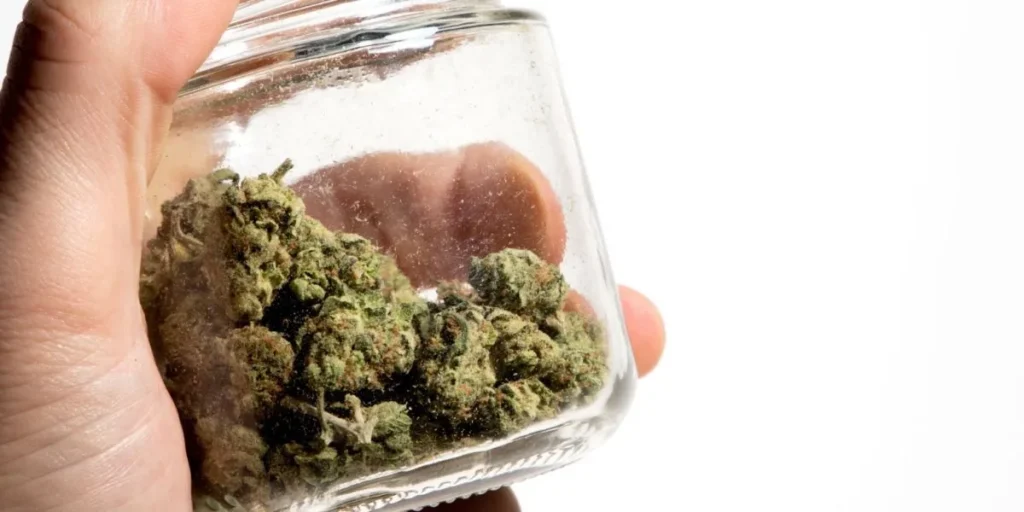Does Delta 9 Lower Blood Pressure
Delta-9 tetrahydrocannabinol (THC), the main psychoactive component in cannabis, is widely recognized for its effects on the central nervous system. As cannabis research expands, questions continue to surface regarding its influence on various aspects of physical health, including cardiovascular health and blood pressure regulation. For those dealing with hypertension or other cardiovascular concerns, understanding the relationship between Delta-9 THC and blood pressure is crucial.
Delta-9 THC’s Interaction with the Cardiovascular System
Delta-9 THC affects the body primarily through the endocannabinoid system (ECS), which oversees functions such as mood, appetite, pain, and inflammation. The ECS includes two main receptors: CB1 receptors, predominantly located in the brain and central nervous system, and CB2 receptors, found mainly in the immune system and peripheral tissues. Delta-9 THC binds strongly to CB1 receptors, producing psychoactive effects and impacting a range of bodily responses, including blood pressure.
When consumed, Delta-9 THC may initially trigger an increase in heart rate and, in certain cases, elevate blood pressure. This reaction, termed tachycardia, is the body’s immediate response as it processes THC. For many, this phase is temporary and may diminish as tolerance develops. However, for individuals with existing cardiovascular issues, even a temporary spike in blood pressure could be a concern, necessitating a cautious approach.
Potential Blood Pressure-Lowering Effects of Delta-9 THC
Research indicates that after an initial spike in heart rate and blood pressure, Delta-9 THC may contribute to a blood pressure-lowering (hypotensive) effect. This secondary phase typically emerges as the compound’s psychoactive properties wane, promoting blood vessel dilation and potentially reducing blood pressure. For some, this natural response could be appealing as a supplementary approach for managing hypertension. However, the hypotensive effect tends to be mild and inconsistent, making it unreliable for long-term blood pressure control.

Key Influences and Variable Reactions
The impact of Delta-9 THC on blood pressure varies greatly from person to person, depending on factors like dosage, tolerance, usage frequency, and existing health conditions. Lower doses often have a calming effect, which can encourage relaxation and may even lower blood pressure in some cases. Conversely, higher doses can lead to increased heart rate and elevated blood pressure. This variability underscores the complex nature of how Delta-9 THC interacts with blood pressure, influenced by individual physiology and lifestyle.
Consumption Methods and Their Impact
The method of consuming Delta-9 THC is another crucial aspect to consider. Inhalation methods, such as smoking or vaping, typically produce faster, shorter-lived effects on blood pressure. Edibles, on the other hand, have a delayed onset, leading to a gradual THC release that may produce longer-lasting and more pronounced cardiovascular effects.
Delta-9 THC and Stress-Induced Blood Pressure
Managing stress is integral to maintaining healthy blood pressure, and Delta-9 THC’s anxiolytic properties can play a role in this. By interacting with CB1 receptors in the brain, Delta-9 THC can promote relaxation and help reduce stress, potentially stabilizing blood pressure in some users. However, excessive use may trigger anxiety or paranoia in certain individuals, negating these benefits by inducing stress and elevating blood pressure. Thus, moderate use tailored to individual tolerance is essential for managing stress-related blood pressure with Delta-9 THC.
Considerations for Those with Hypertension
For those with hypertension or cardiovascular conditions, using Delta-9 THC requires careful consideration and ideally, guidance from a healthcare professional. While Delta-9 THC may lower blood pressure temporarily in some cases, its initial impact on heart rate and potential to cause anxiety could pose risks for cardiovascular health. Individuals taking blood pressure medications should be cautious, as Delta-9 THC might interact with these drugs, either enhancing or reducing their effects.
Current Research and Potential Cardiovascular Benefits
The link between Delta-9 THC and blood pressure continues to be explored. Some research suggests cannabinoids, including THC, may have cardioprotective properties and could benefit certain aspects of heart health. However, existing findings are mixed, and the long-term effects of Delta-9 THC on blood pressure and cardiovascular health are not yet fully understood.
As cannabinoid research progresses, the potential for THC and other cannabis compounds to contribute to new treatments for hypertension is growing. Still, more studies are needed to confirm their safety, effectiveness, and the precise mechanisms behind their influence on blood pressure.
Conclusion
Delta-9 THC’s effects on blood pressure are multifaceted, impacted by dosage, personal physiology, and consumption methods. For individuals with hypertension or those seeking blood pressure support, low to moderate doses of Delta-9 THC may provide some relief. However, caution is crucial, particularly for those with existing heart conditions. Consulting with a healthcare professional before adding Delta-9 THC to a health regimen can ensure safe usage and maximize potential benefits.





